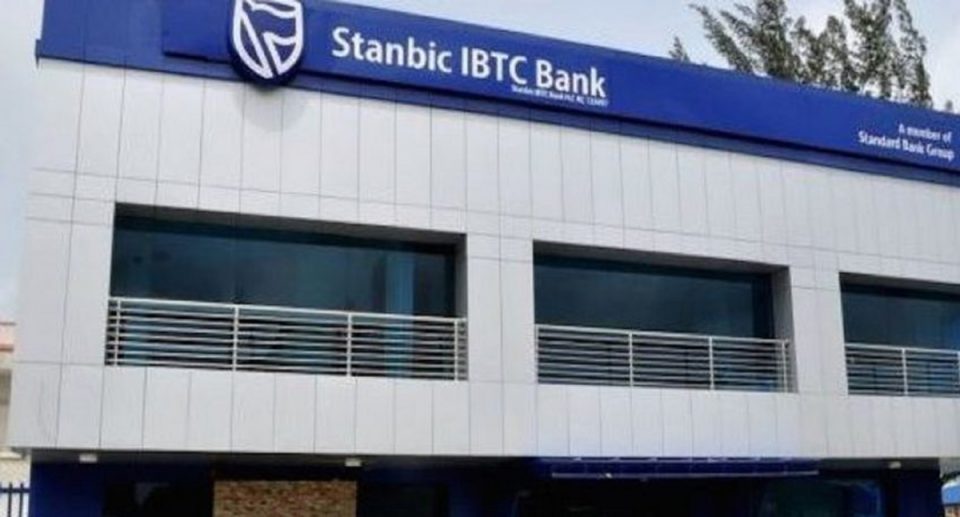The recovery in the Nigerian private sector gathered momentum in August as demand improved following the easing of restrictions related to the coronavirus disease.
Stanbic IBTC Bank Plc disclosed this in its Purchasing Managers’ Index survey, which was conducted in August.
The report, which was released on Thursday, showed that output and new orders rebounded, rising sharply from July.
Employment was broadly stable, although excess capacity remained as a result of the severe declines in new business during the second quarter.
The headline PMI rose sharply in August to 54.6, up from 50.4 in July, it stated.
The reading signalled a marked improvement in business conditions, following a return to growth in the previous month.
The rebound in new orders continued midway through the third quarter as client demand strengthened following the easing of COVID-19 restrictions, the report said.
It stated that new business increased for the second month running, and to the greatest extent since January.
A similar picture was evident with regards to business activity, which rose at a substantial pace that was much stronger than seen in the previous month.
Despite strong rises in workloads during August, data suggested that the steep contractions seen during the second quarter left residual spare capacity.
Companies were therefore able to continue depleting backlogs of work while leaving staffing levels broadly unchanged, it added.
The report said the stability of employment brought a four-month sequence of job cuts to an end.
Spare capacity was also reported at suppliers, it added.
This, alongside relatively quiet road conditions, meant that vendors were able to speed up deliveries in spite of a marked increase in purchasing activity.
Stocks of purchases, however, rose sharply for the second month running.
Overall input cost inflation quickened to a fresh series record in August, despite a reduction in staff costs.
The rise in overall input prices was driven by a record increase in purchase costs, in turn largely the result of currency weakness.
In response to higher raw material prices, companies raised their own charges.
As was the case with input costs, the increase in selling prices was the quickest since the survey began.
Subdued business sentiment was registered again amid concerns around the lasting impact of COVID-19.




